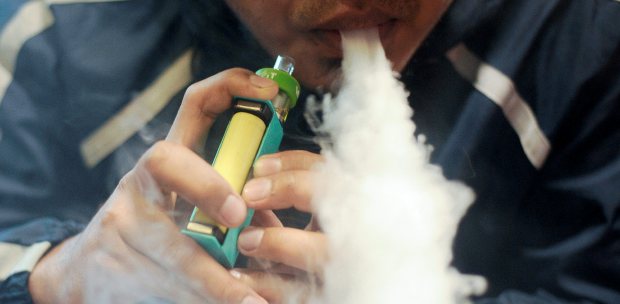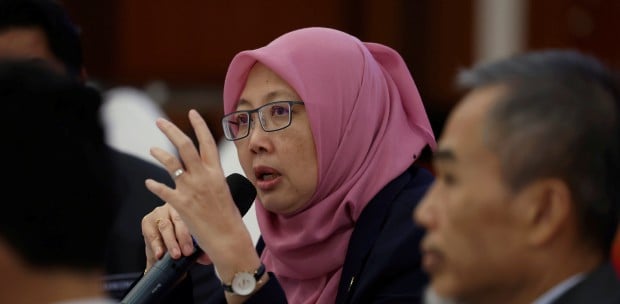KUALA LUMPUR: Malaysia has missed a golden opportunity to prevent future generations from becoming victims of the tobacco epidemic by failing to include the Generational Endgame provision in the Control of Smoking Products and Public Health Bill, says an anti-tobacco group.
Tan Yen Lian from Southeast Asia Tobacco Control Alliance (SEATCA) said Malaysia would need a strong and efficient enforcement team to protect children from a lifetime of nicotine addiction.
The Knowledge and Information manager said the new bill which was passed in the Dewan Rakyat yesterday also puts Malaysia in a race against vape traders, who have already captured a large youth market since the delisting of nicotine as a poison in April 2023.
She said more teenagers, aged 13-17 years old, are vaping than smoking in Malaysia with a 14.9 per cent vaping prevalence.
"Other countries that allow sales of e-cigarettes, such as the United Kingdom, Indonesia, Philippines, Canada, and New Zealand, have all seen rapid and high uptake by youths, because enforcement is a challenge, as traders continue to advertise and sell to minors, offering products in innovative and appealing designs and thousands of flavours and making them easily accessible online.
"While the new law requires registration of retailers, there is a need to speed up its full and strict implementation.
"The registration of Malaysia's 50,000 cigarettes retailers, which began some time ago, is still incomplete, and regulators will have to race to similarly register vape traders. They will also need to work closely with the non-health sector to curb online sales and promotion of tobacco," said Tan in a statement.
She added that since a tobacco-free generation is no longer an immediate course of action, Malaysia must play catch-up with international best practices and its obligations under the WHO Framework Convention on Tobacco Control (FCTC).
This includes introducing standardised tobacco packaging, enforcing 100 per cent smoke-free environments in all indoor public and workplaces, prohibiting flavoured tobacco products, and enforcing its ban on tobacco sponsorships.
According to findings of SEATCA's Asian Tobacco Industry Interference Index 2023 report, tobacco industry interference is strong in Malaysia, which ranked 17 out of 19 Asian countries.
On Tuesday, Dr Zaliha tabled the third and latest version of the bill. However, the provision to prohibit Malaysians born after 2007 from buying or consuming nicotine products was dropped from the bill.
The bill only mentioned the prohibition of selling any tobacco products, smoking substances or substitute tobacco products to any person who is a minor, under Clause 13.
It also prohibits a minor from smoking or using any tobacco product under Clause 17.
However, the second version of the bill, which was first introduced in June this year, included clauses prohibiting any person born on Jan 1, 2007 onwards from smoking any tobacco or substitute tobacco products, or from using any smoking device with any smoking substance.
Following this, Dr Zaliha said the removal was dropped after taking into account the views from the Attorney-General's of Chambers, who cited potential constitutional arguments.
She added that the AG had said the provision would contravene Article 8 of the Federal Constitution which touches on equality matters.





